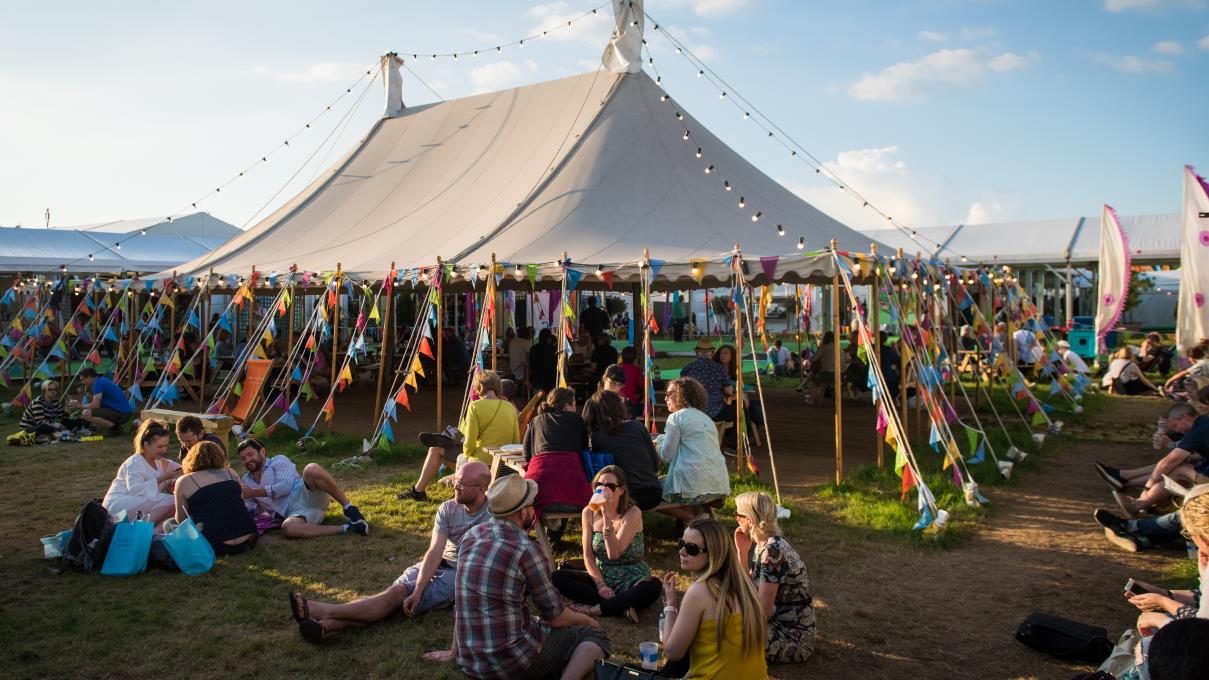
Germaine Greer doesn’t think she’s an icon or a feminist. Instead, in Clare Beaven’s latest film, Germaine Bloody Greer, she describes herself as a ‘person’.
In light of Greer’s controversial talk about rape at Hay this week, the preview of Beaven’s BBC2 film today could not have come at a more pertinent time. Where the Australian goes, debate seems to follow. And yet, Beaven’s film captures her in her Essex home talking about geese and violets and trees. Loud historical clips seem to follow scenes of silence.
In a series of new interviews, Beaven quizzes Greer on her childhood, her mother, her rejection of marriage and her stance on modern-day women. The film interweaves interviews with journalists and writers, including Rosie Boycott, as they unpick the importance of Greer’s 1970 title, The Female Eunuch.
“It was like a fairy godmother bestowing a spell and saying ‘wake up!’,” according to Boycott. Asked why she wrote the book, Greer said she "got sick of preaching to the converted" about the female condition. Instead, she wanted to get the world’s attention. The film provides context, explaining how in the wake of World War Two, Greer’s book stood alongside the likes of Simone de Beauvoir and Betty Friedan, in the canon of feminist literature. It also touched on Greer’s own celebrity as a bold, outspoken figure in the media.
Oscillating between music-filled archive footage from the late 70s to current clips of Greer in her library, the film tracks how both Greer and her ideas have changed over time. It also charts her rejection of the title: ‘feminist’. “I don’t think Germaine and the word ‘sisterhood’ are natural bed-fellows,” said Boycott. “You can’t control her. You can’t tell her what to do." That’s just the way it is,” added Beaven.
Please visit Hay Player for the world’s great writers on audio and film; https://www.hayfestival.com/hayplayer/default.aspx?